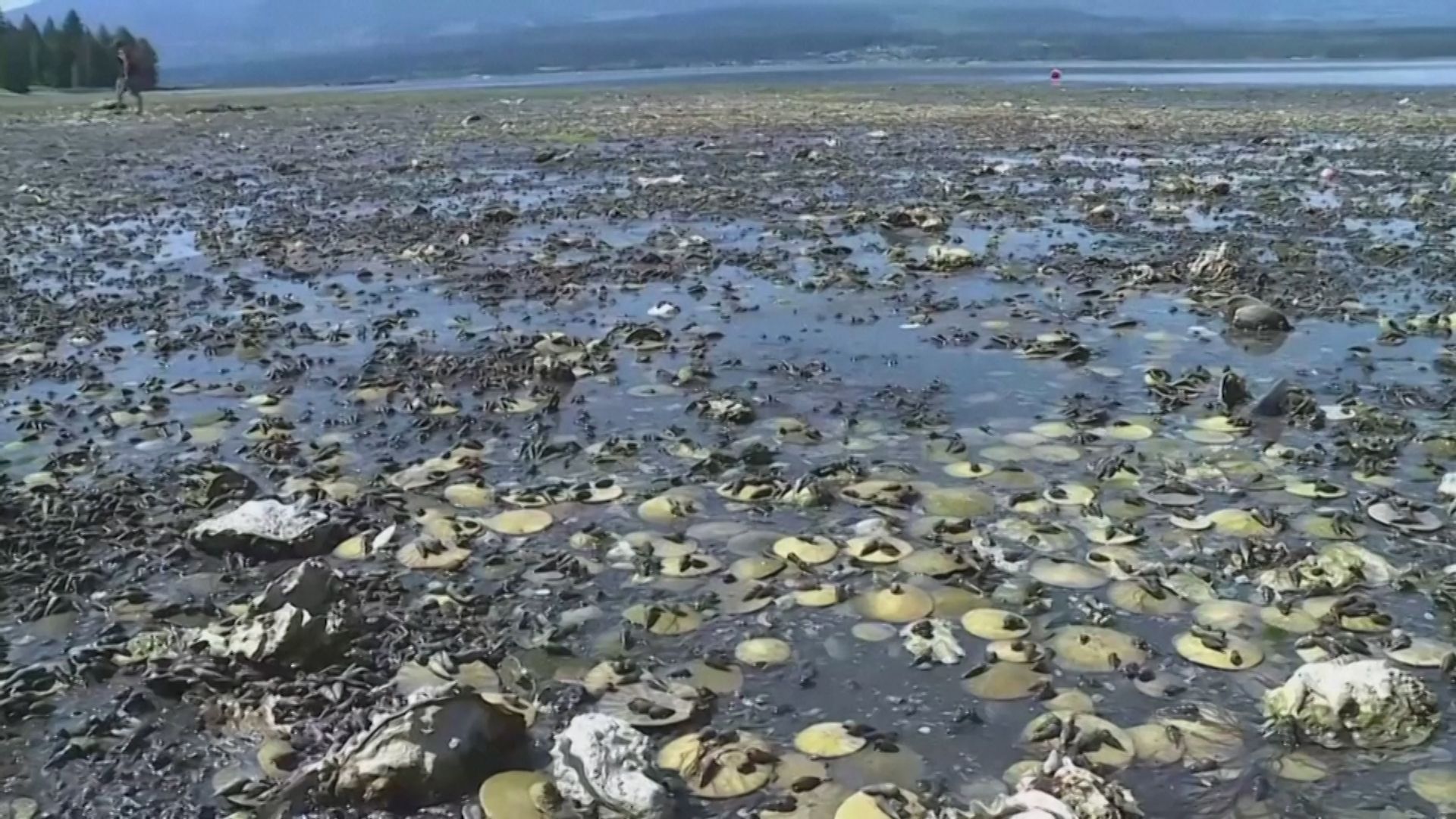The coast of the Canadian island of Denman is covered with thousands of dead clams, starfish, hedgehogs and other marine animals. “Extreme heat is basically boiled in water,” explains oyster collector Joe Tarnowski.
1:57
–
–
Destruction on the Canadian coast. Extreme heat boiled thousands of clams, mussels, oysters in the sea Video: Reuters
–
Researchers estimate that more than a billion marine animals living along Canada’s Pacific coast have died in the water as a result of extreme temperatures in June.
This part of the coast in the province of British Columbia is known for its cold waters with ideal conditions for growing molluscs. But the ecosystem was not prepared for extreme temperatures.
Christopher Harley, a marine biologist at the University of British Columbia, measured temperatures above 50 degrees along the rocky coast with his students using infrared cameras. When he then studied dead mussels with his students, they found that they had basically boiled in their shells in shallow water with an unusually high temperature.
The heat wave in the western United States and Canada continues. Temperatures here significantly exceed 40 degrees Celsius. Firefighters continue to fight forest fires in a number of places, which have increased in the number of dozens in recent days. According to the Axois news website, fires in Canada and the US states of California, Oregon and Washington have already burned over 4,000 square kilometers of vegetation.
In British Columbia, more than 300 fires burned at the start of the new week, 77 of which, according to the authorities, began at the weekend. Canada’s The Weather Network reported that smoke from fires was felt by residents more than 1,000 kilometers to the east in Manitoba and Ontario.
– .


